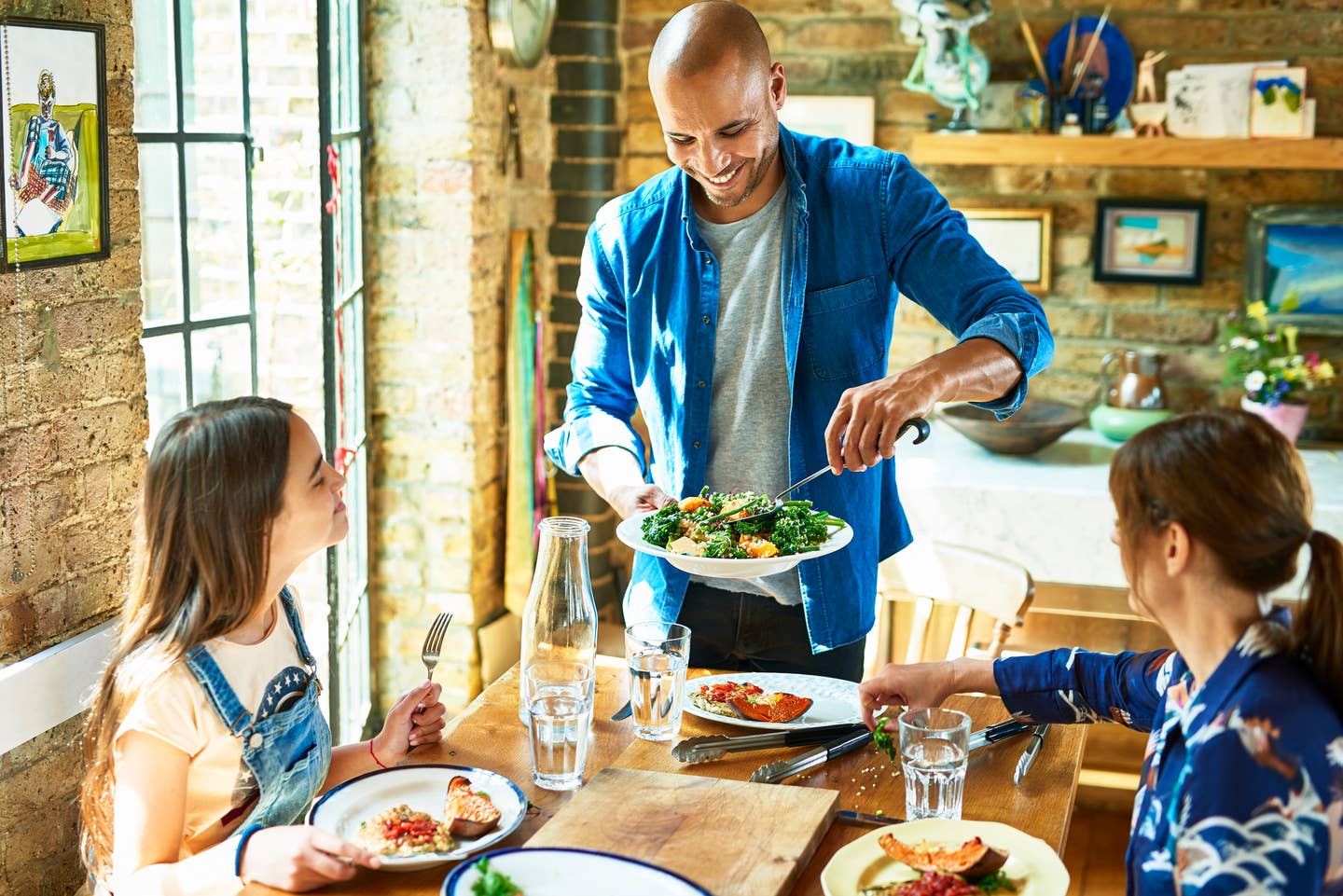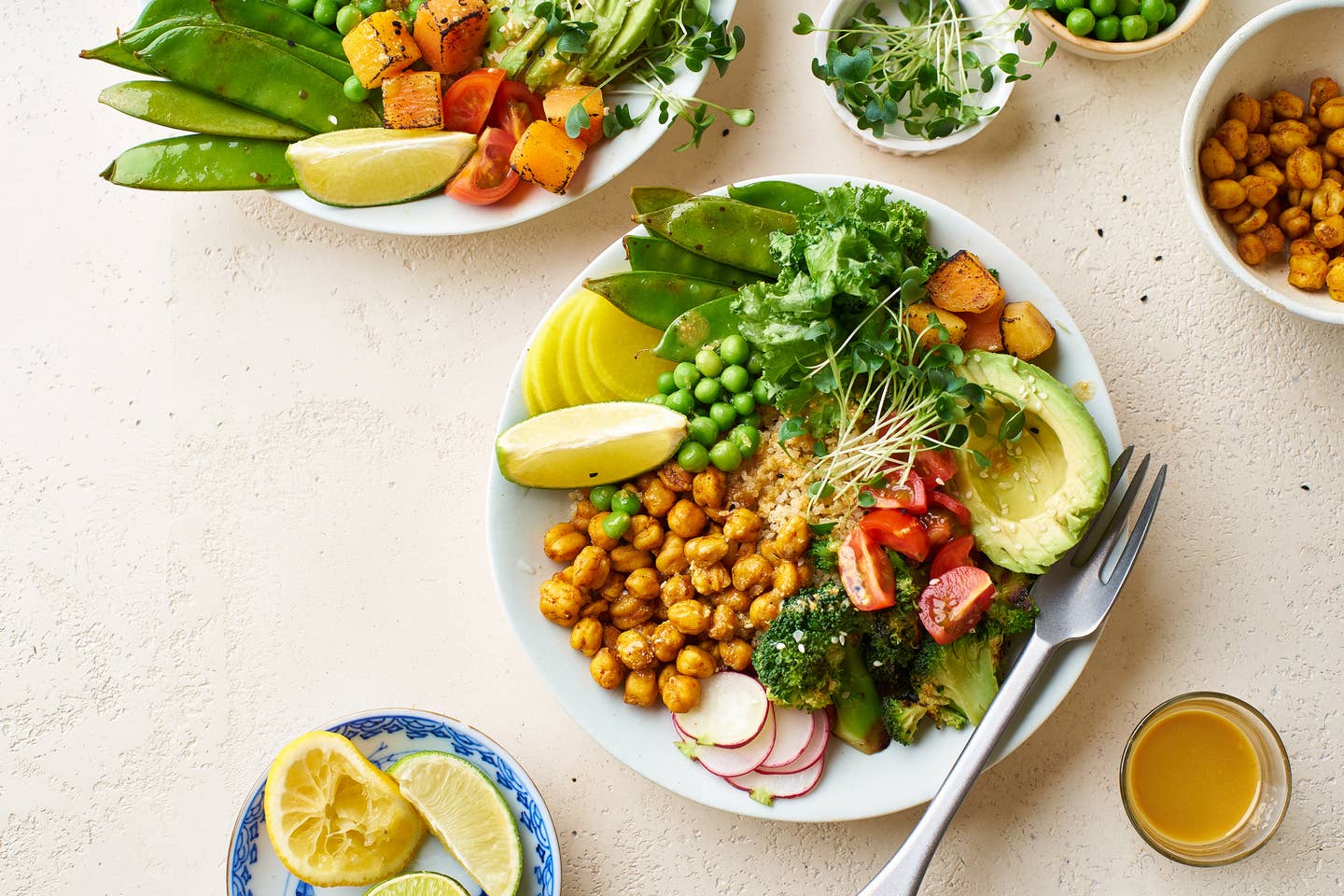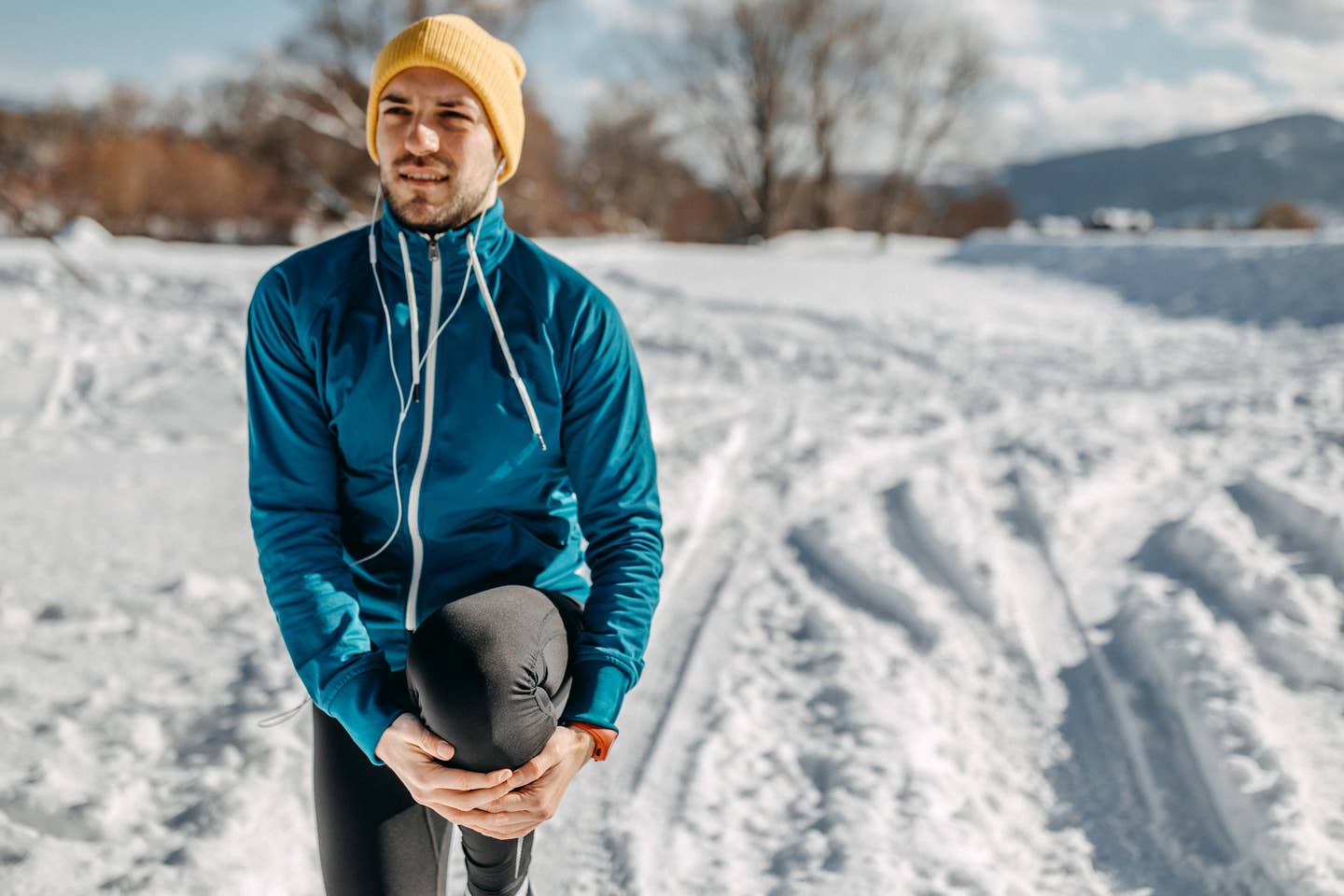
How to Help Your Family Go Plant-Based and Be Healthy, By a Doctor and Dietician
This holiday, chances are you'll be sharing a table with a smaller group than ever, but since 1 in 4 Americans is eating more plant-based, you will likely be told by one member of the group: "I am eating plant-based or vegan these days." It could even be you, telling your family about your resolve to be healthier, for yourself and the planet and for the sake of animals. Luckily this doctor and dietician duo have written a new book on how to go plant-based and get your family on board, and do it in a way that is healthy and sound. They both know the ins and outs of getting enough vitamins and minerals, protein and micro-nutrients, and how to make sure that everyone at your table who chooses to eat plant-based does so healthfully and safely, without compromising any aspect of their diet.
Dr. Reshma Shah is a Pediatrician in the Bay Area, a clinical affiliate at Stanford University Medical School, and Brenda Davis is a dedicated Registered Dietician who has written a total of 12 books on the topic, having raised her now-grown kids at a plant-based table.
Together they have written a new book, a comprehensive guide to getting started on plant-based nutrition for families, called Nourish: The Definitive Plant-Based Nutrition Guide for Families--With Tips & Recipes for Bringing Health, Joy, & Connection to Your Dinner Table.
"If there is a parent who is plant-based or who is interested in being more so, we wanted to give them the tools they need to feed their families this way, and to not have to worry about nutrient deficiency, so we provide practical tips and strategies," Dr. Shah said. The book has over 50 recipes to help them get started.
Dr. Brenda Davis is one of the pioneering dieticians on plant-based eating for all ages. She has written books on how to eat healthy on a vegan or vegetarian diet, a raw vegan diet, and how to eat to avoid or reverse type 2 diabetes. Dr. Davis has been pioneering this topic for 30 years, has spoken in 20 countries, and conducted research on this topic, even in the Canary Islands. She helps families eat plant-based from every age and life stage, taking them through pregnancy and lactation and of course parenting.
"People know I am vegan and plant-based and parents will come to me and say my daughter wants to be vegetarian and can you please convince her not to be? Instead, I want to help parents learn that she can be, and it's healthy. And that they can do it too. We wanted to give them the tools to do it safely and effectively. And of course, now there are many parents who think it's better for the planet and their family's health, but they would not know where to begin."
Parents can raise healthy, vibrant kids on a plant-based diet. It's absolutely possible
"The one thing we want people to know is that it's completely possible to raise healthy, vibrant kids on a plant-based diet. It's not that difficult," says Dr. Shah. "People think that if you are plant-based or vegan, you have to focus on the nutrients, but I would point out that this is true of omnivorous kids too. All diets have to be appropriately planned. You can do it safely and adequately on a plant-based diet."
"And people assume if I need a supplement on a plant-based diet, it's not as good to eat that way," Dr. Davis adds. "But the grains that we all buy at the store now are fortified with vitamins and so is our milk and our formulas. We have supplements in our diets already."
How to start a plant-based diet for the whole family
"People think they have to do it all at once, but you don't. Go at a pace that is a fit for your family. So you don't have to go all at once," Dr. Shah points out. "The first thing to do is to stake stock of what your family enjoys and look at that. Do they love pasta with marinara sauce? Great. Or if they are used to meat sauce, you can add plant-based meat if you want to. Try a tofu scramble instead of eggs one morning. Figure out how to make whatever they already enjoy into a plant-based version, and trying doing more of that."
Make easy swaps like plant-based milk and don't fret the birthday parties
Substitute the easy things: Almond or oat milk for the real thing. Non-dairy butter, cheese spreads, and nut cheese work well. You can easily substitute a flax egg or chia egg, the doctors recommend. Make swaps where your family is not going to even notice.
"We definitely emphasize cooking at home with whole food ingredients, but swapping in plant-based meat can be helpful in the beginning," Dr. Shah says. Don't sweat it if you backtrack. No vegan police are going to come around and say you can't use a veggie burger. Some of these foods are really helpful as kids are trying to transition.
Some parents worry about birthday parties and soccer, she points out. "Try to be plant-based at home and don't worry too much about what happens outside the home," she suggests. "Or bring your own snack. People who have allergies like celiac or nut allergies so less judgment around that."
Dr. Shah adds: "It's so easy to transition breakfast. so many plant milks and tofu scrambles, or even a bowl of oatmeal. It gets a little trickier at dinner because it's built around animal products in our culture. But look at the spaghetti and meatballs or tacos and look at how m=you might transition that to a plant-based version. Try veggie balls and all diff things and see how your family likes them. Keep experimenting, adding one recipe at a time or one meal at a time can be really helpful.
And of course, if it's the teenager that has decided to become vegan and it's the parents who are resistant, involve your teenager in learning about making healthful shops, both in the kitchen and the grocery store.
The transition looks different if it's the kids' idea
Sometimes the kids are the ones leading the charge. "How your family handles it will depend on whether it is the parent's idea or the kid's idea," says Dr. Shah. "The kids are going to be a lot keener if it's their idea. Children will be sensitive about this transition," she adds, especially since if they come home from a rescue farm or petting zoo and announce they're not eating meat, they want to be respected in that decision.
If the kids are the ones transitioning then the parents may be reluctant, Dr. Davis has found. Some people will watch Forks over Knives or What the Health, or whatever the movie is and they are vegan the next day. How the transition goes will depend a lot on how who is driving and how fast you want to transition.
Do you need to supplement once you or a family member ditches meat and dairy
"There are so many advantages with a plant-based diet in terms of chronic disease prevention, but there is also the potential for deficiencies," says Dr. Shah. Vitamins B12 and D are ttwo specific nutrients of concern. But the truth is that most of the population is lacking in vitamin D. The other nutrients that could fall short in a plant-based diet are calcium and iodine. The recommended calcium intake for a 4 or 8-year old is 1,000 mg per day. Even an adult can have a hard time getting that much calcium. However, if we add two servings of fortified non-dairy milk providing 600-900 mg of calcium, the target becomes relatively to achieve."
"Iodine can also be an issue, especially for those who do not use iodized salt or eat seaweed. Ensuring you select an iodized salt, a supplement with iodine, or a seaweed snack (check amounts in seaweed as upper limits can easily be exceeded) can help ensure the recommended intakes are reached (150 mcg per day for adults.)
"Supplements can help put parents at ease," she adds. "We are not opposed to parents using a multivitamin that has some of the nutrients like D and B and iodine, especially for kids, but we recommend a liquid supplement like a vegan chewable... to prevent choking."
The bottom line is you can be plant-based and healthy at every age and stage.
Plant-based eating is one way to live a healthy, long life and keep your energy up
Brenda points out that for longevity, plant-based eating has been a boon to her health. "I am close to 62 and I don't feel much different from when I was 35. "I can still do handstands and headstands and rollerblade and run and ski and have races with my grandkids.
"Eating plant-based has preserved the integrity of my body. I look at my relatives and in comparison, I am still the same weight, a few =pounds thinner than when I got married. Really grateful for that. That is one of the perks of living a healthy lifestyle. there are a lot of perks."
And, she adds, if you need one more reason: "I think it's easier to feel good about yourself."
More From The Beet






